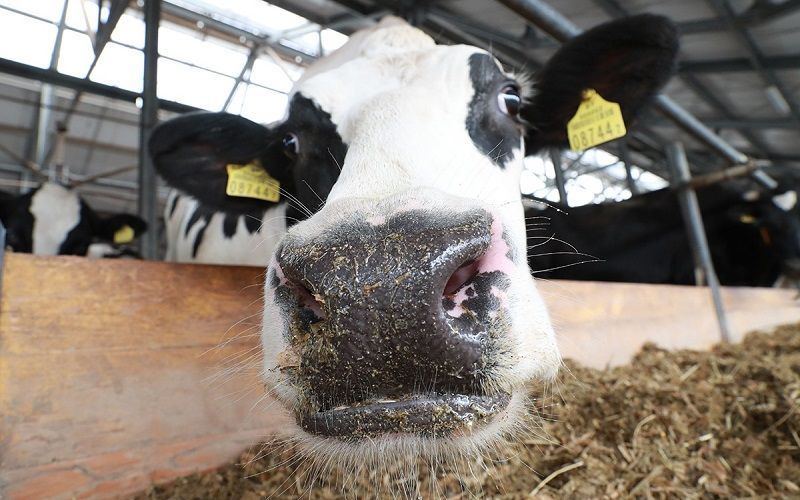Import of Breeding Animals in the EAEU Decreased by 64%

According to the Department of Agro-Industrial Policy of the EEC, from 2022 to 2024, the import of breeding animals fell by 65%, and export by 46%. The most significant reduction was recorded in poultry farming: whereas previously it accounted for about 40% of all imports, in 2024, supplies fell by more than 70%.
"We see the strengthening of the breeding base and a real move towards food independence. It is now important to establish the exchange of reliable data between countries," emphasized Naira Karapetyan, director of the department.
Against the backdrop of declining imports, internal breeding production is actively developing in the EAEU.
-
In Belarus, the number of breeding poultry increased by 136 thousand heads.
-
In Russia, by 9.1 million heads.
-
In Kazakhstan, the share of breeding cattle reached 12%, and sheep 17%, facilitated by subsidies, preferential loans, and tax incentives.
Nevertheless, cattle breeding remains the most dependent on imports, accounting for a third of all breeding material supplies.
In the EAEU countries, a unified digital infrastructure for breeding work is being formed in parallel. In Russia, since the beginning of 2025, the Federal State Information System of Breeding Resources (FGIAS PR) has been operating, intended for accounting, storage, and analysis of data on breeding animals.
From March 1, 2026, registration of breeding livestock in the system will become mandatory, noted the EEC department. The "Horriot" component, which ensures the registration of all livestock by species, has already been implemented.
In Belarus, a similar system is being created. "We are not closing off from imports but are developing our own resources. Databases, genetic laboratories, and an assessment system based on unified methods have been created," reported Nikolai Khramchenko, head of the department for assessing the breeding value of agricultural animals at "Belplemzhivobedineniye".In Kyrgyzstan, a national database of breeding animals is being formed, and cooperation with Russia and Azerbaijan in the exchange of genetic resources is being strengthened.
Experts note that coordination within the EAEU is becoming critically important for the sustainable development of livestock breeding. "If each country strives for complete autonomy, the union will lose its meaning. Breeding livestock is not about politics, but about food security," stated Olga Abramova, advisor to the Minister of Agriculture of Russia.
Following the meeting, representatives of the EAEU countries agreed to:
-
strengthen the exchange of official statistics;
-
unify requirements for breeding work;
-
develop a common methodology for assessing value in poultry farming;
-
create a unified information platform for breeding exchange.









